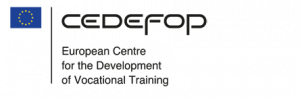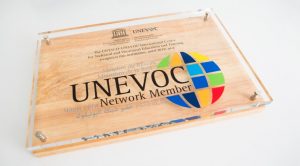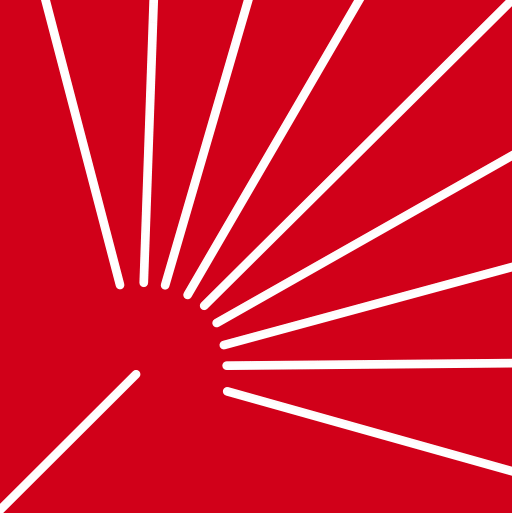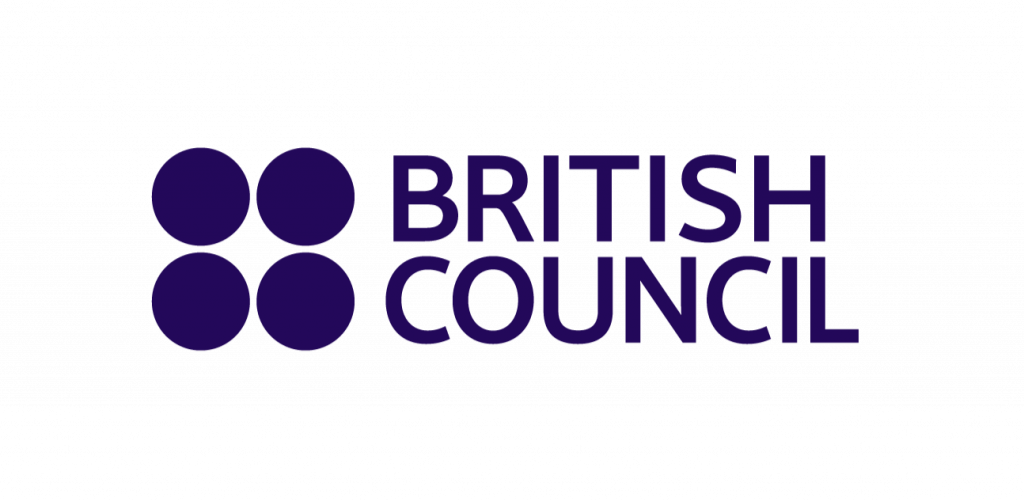International and bilateral cooperation
The Agency has contracted a new ESF+ project Further Implementation of the Vocational Education Curriculum Reform
6. March 2024.
The successful presentation of the new system for evaluating non-formal and informal learning in the Republic of Croatia
6. March 2024.
Cooperation with European and international institutions:
The Agency for Vocational Education and Training and Adult Education has developed mechanisms for networking and active cooperation with foreign educational institutions of the same profile as the agency.
Some of the European and international institutions with which the Agency cooperates are:
- European Center for The Development of Vocational Education (Cedefop)
- European Foundation for Vocational Education and Training (ETF)
- International Center for Technical and Vocational Education and Training (UNESCO-UNEVOC)
- British Council (BC)
Bilateral cooperation
Over the years, the Agency has developed bilateral cooperation with a number of institutions such as: Institute of Republic of Slovenia for Vocational Education and Training (CPI), Slovenia; Metropolitan University College. Denmark, Omnia, Finland, etc.
Through this cooperation, the Agency exchanges experiences with other countries, gains insight into best practices and builds partnerships to develop and transfer innovation in the field of vocational and adult education. Also, through this cooperation, joint projects are developed and agreed upon, which are financed from various funds and programs, such as Erasmus+.
European and international institutions with which the Agency cooperates:
European Centre for the Development of Vocational Training/Centre Européen pour le Développement de la Formation Professionnelle (CEDEFOP)

The center was founded in 1975. CEDEFOP is a non-profit, decentralized and independent agency. It is based in Thessaloniki. The Center has an advisory role and assists the European Commission, Member States, EU institutions and other organizations to make competent decisions on VET policies based on its research and data.
The Center provides its staff with the latest information on the state and trends in vocational education and training in the EU. CEDEFOP also publishes Cedefop Info, a newspaper that publishes information on current events related to vocational training in all Member States, available in English, German and French. Free CEDEFOP publications are “Cedefop Info”, “Panorama” and “Discussion papers”.
The Center prepares studies and reports on issues of vocational education, in the field of quality, transparency and accreditation of non-formal learning, trends in the sectors, new qualifications, funding, etc. CEDEFOP organizes study visits to other Member States related to specific areas of vocational education and training. Within CEDEFOP, there is a library and documentation center, which offer information and documentation on the development of vocational training in the EU. Each year, the Center reports to the European Parliament on its activities and the implementation of the plan for the previous year.
European Foundation for Vocational Education and Training (ETF)

The ETF is a European Union agency based in Turin, Italy. It was established in 1990 with the aim of contributing to the development of the education and training system in partner (non-member) EU countries. The mission of the European Foundation for Vocational Education and Training is to assist transition of the developing countries in channeling human resources through the reform of the education, training and labour market systems, respecting the provisions of the EU’s external relations policy.
The ETF’s activities are based on a number of projects being implemented in partner countries to enable the reform of the vocational education and training system and the employment system. All activities are carried out to provide services to the European Commission, partner countries and EU member states. The ETF helps the European Commission to make investing in education and training reforms in partner countries as efficient as possible and in line with EU external relations policy. The ETF advises and supports project cycles to the various Directorates-General of the European Commission – at their request.
The ETF supports partner countries by providing policy makers and other stakeholders with the opportunity to learn policy reform strategies. The ETF provides advice on VET policy and innovative approaches in the EU, as well as examples of good practice from other partner countries. In addition, it supports partner countries in developing accession development policies to strengthen ownership and sustainability for the reform process. In particular, they conduct seminars for target groups, organize working visits and focus groups to stimulate deliberation and debate among policy makers, and support the development of reliable information and analysis of the entire reform process. The ETF works closely with EU Member States to contribute to the harmonization of assistance provided by the EU, Member States and partner countries.
International Center for Technical and Vocational Education and Training (UNESCO-UNEVOC)

Founded in 2000, it started operating in Bonn (Germany) in 2002. UNESCO-UNEVOC – International Center for Technical and Vocational Education and Training – is at the same time a specialized center for technical and vocational education and training (TVET) and the center of an international network of vocational institutions, which aims to help strengthen and improve vocational education systems of United Nations member states.
The UNEVOC network includes state ministries, research institutions and planning and training institutions, and acts as a platform for information exchange. The ideal that guides the operation of this center is vocational education and training that is relevant to the needs of the labour market, which is of high quality and widely available. UNESCO-UNEVOC is a key component of UNESCO’s international technical and vocational education and training program. It also acts in support of the UNESCO mandate “Education for All” and “Education for Sustainable Development”. The Center succeeds in this by supporting the strengthening and modernisation of the global UNEVOC network with special emphasis on:
- encouraging international and regional cooperation in the field of human resources development
- promoting UNESCO normative instruments and standards
- promoting innovative solutions in the field of TVET
- sharing knowledge
- the mobility of resources and expertise
- strengthening partnerships with other relevant institutions.
The British Council is the United Kingdom’s international organization for cultural relations and educational opportunities, established in 1934. BC creates opportunities for international collaboration between the residents of the United Kingdom and other countries, fostering trust among them. BC is a global entity with more than 190 offices in 110 countries and territories, impacting the lives of over 500 million people each year.
The British Council in Croatia focuses on building trust and creating opportunities for the residents of the United Kingdom and Croatia. They are dedicated to developing skills that can contribute to economic growth and aid in the establishment of an open and creative society.



SHARE